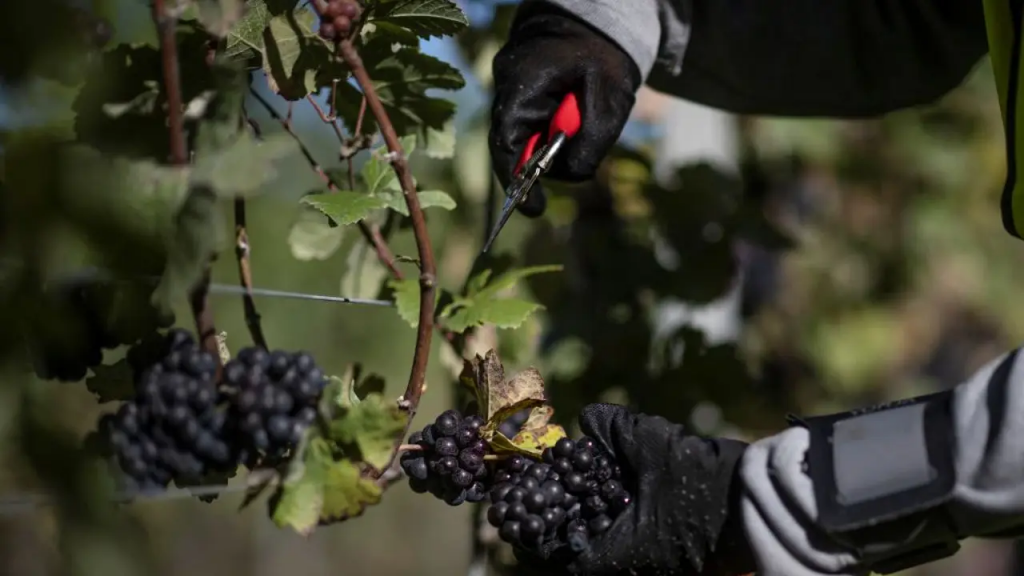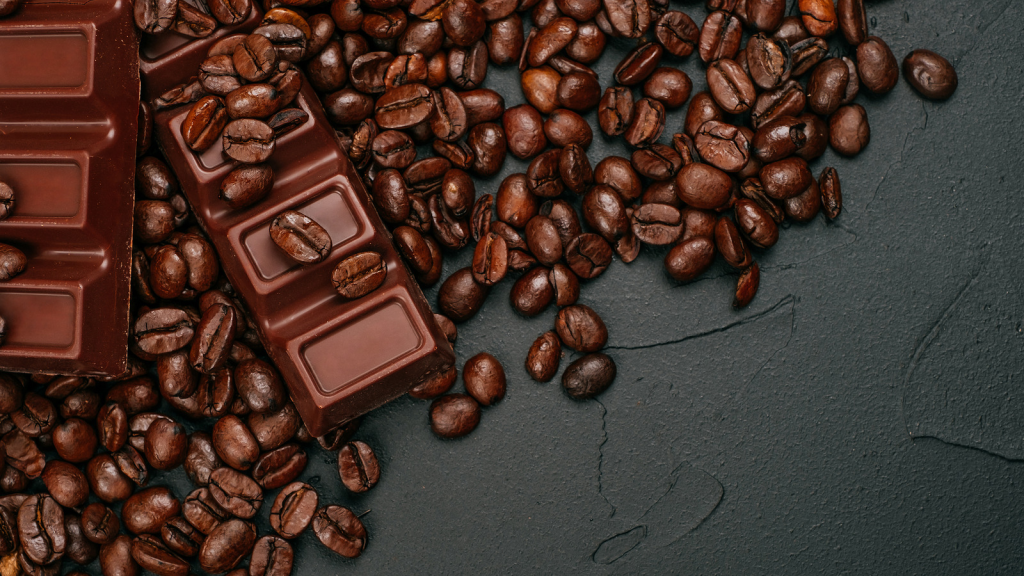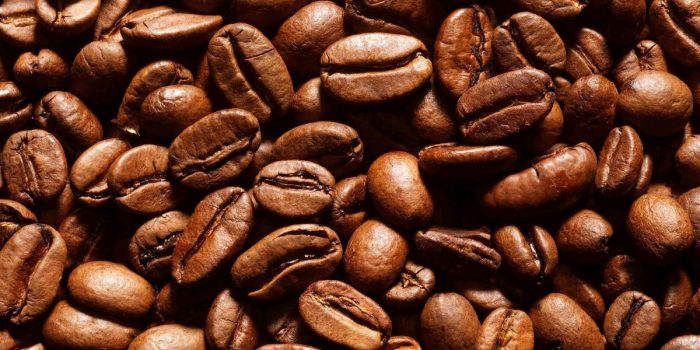Former White House chef Sam Kass has stated that the future of coffee is wrapped in gloom and anxiety.
“A number of foods that we hold very dear to our hearts and largely take for granted are under a real threat,” Kass said. “And you’re seeing in the future, we’re on track for a lot of those to become quite scarce and some really to be largely unavailable to most people and others just significantly increased in cost.”
Products like wine, chocolate, shellfish, and rice are under threat.

In January 2022, researchers from the Institute of Natural Resource Sciences at Zurich University of Applied Sciences published a report where they analyzed the impact of climate change on coffee, cashew, and avocado in the scientific journal Plos One.
The research team concluded, “Coffee proved to be most vulnerable to climate change with negative impacts dominating all growing regions, primarily due to increasing temperatures.”
It was concluded that climate change adaptation would be vital to produce these endangered crops.
These changes, the team added, will likely take place within the next three decades, noting, “The main coffee-producing countries investigated (Brazil, Vietnam, Indonesia, Colombia) are all seriously affected by climate change with a strong decline in suitable areas.”
“Most consumers, and even many coffee sector representatives, are unaware that there are more than two or three coffee species. There are 124 coffee species known to science, occurring naturally in tropical Africa, the Indian Ocean islands (Madagascar, Comoros Islands, and Mascarene Islands), Asia, and Australasia,” the authors of one of the studies wrote in their published work in Science Advances. “These species have useful traits for coffee development, such as climatic tolerance, and especially drought tolerance, pest and disease resistance, low or zero caffeine content, and sensory (taste) amelioration.”

Consumers can contribute to saving this by drinking from a more sustainable cup of coffee, which begins with buying fair-trade-certified coffee products. These products must meet fair trade standards, “ensuring safe working environments and improved conditions, wages, working hours, benefits, and the elimination of forced labor and poverty,” Fair Trade Certified explained on its website. “When you see a product with the Fair Trade Certified label, you can be sure it meets rigorous social, environmental, and economic standards.”
You can also stay updated and support the cause by actively following efforts like the World Coffee Research, which works to leverage “private sector support to drive public funding to our national partners.”
You can also consider donating to places like the U.C. Davis’ Coffee Center, which goes to support its research on agricultural engineering, plant science, sustainability, and more.


